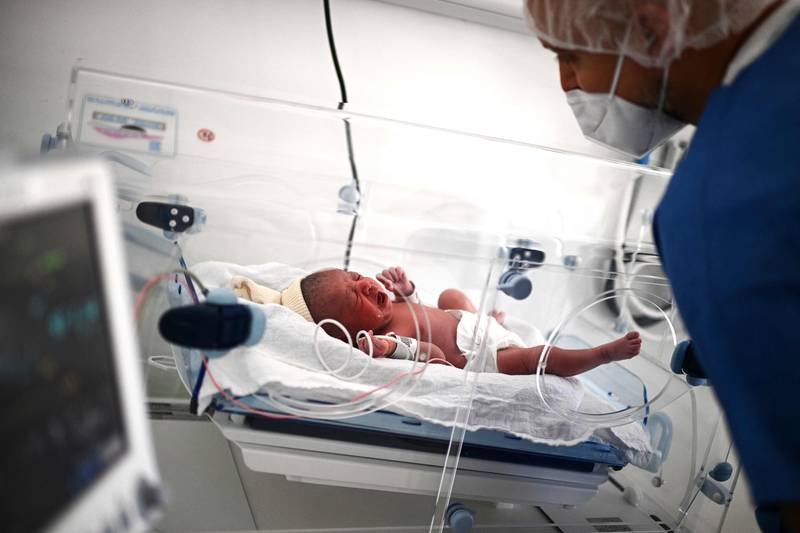
Abu Dhabi university harnesses AI to detect infant heart disease
Early detection of heart defects in babies through portable ultrasound machines developed at the Mohamed bin Zayed University of Artificial Intelligence could help save millions of lives in the developing world.
Once paired with AI technology for predictive diagnosis, scanners can pick up signs an unborn baby may have a treatable congenital heart anomaly.
By cross-checking scans taken between 18 and 21 weeks of pregnancy with other anonymous foetal data, the AI can quickly identify potential problems needing further medical attention.
The point of care handheld scanners costs around $5,000 (Dh18,300), significantly cheaper than the $70,000 (Dh62,400) or so required for a hospital-grade ultrasound machine.
If we can detect these problems early and give the right treatment we can save thousands, if not millions of lives worldwide each year
Dr Fadel Husrom, paediatric cardiologist
Continuing research at the university has found the AI-based system, which compares scans with a broad database of similar results, reduces the time taken to assess images from around an hour to 10 minutes in some cases.
Researchers said the affordable system could be rolled out to developing nations with limited health resources, reducing time spent by doctors checking pregnancy scans.
“Currently, many people in villages and remote areas of developing regions are left without access to scans, which means severe but treatable conditions are left to develop unchecked, a tragedy for the patients and their families,” said Mohammad Yaqub, an associate professor in Computer Vision at the university, who led the research.
“Using AI to detect anomalies has the potential to reduce the time taken to assess each scan from a mean average of between 40 minutes and one hour to just 10-20 minutes.
“It is worth highlighting that the AI component of this type of medical treatment does not replace the human clinician; rather, it helps by doing the heavy lifting of interpreting scans and flagging those that need attention.
“In many parts of the world, this service could give millions of people their first access to reliable foetal cardiovascular and pregnancy checks.”

Leave your comment